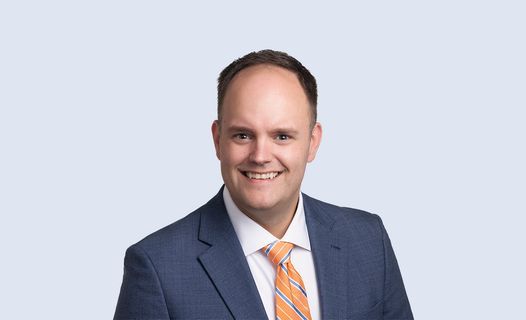A federal judge recently gave Massachusetts nonprofit universities and healthcare providers significant relief from costly wage lawsuits – and employers should apply lessons from the decision to aid their own compliance efforts. In the August 27 decision of Curtin-Wilding v. Trustees of Boston University, the court ruled that a new state budget provision (Section 113) can be applied retroactively to block Massachusetts Wage Act claims based on longstanding payroll practices. This Insight summarizes the decision and provides you with three steps you can take to put yourself on good footing going forward.
Back to School: Wage Act 101
The Massachusetts Wage Act requires that most employees be paid weekly or biweekly. Certain employees may be paid on a monthly basis, however – and many higher education and healthcare nonprofits pay certain employees (including faculty) on a monthly basis.
This practice resulted in a wave of class action lawsuits challenging the practice, even when employees were ultimately paid in full. Further compounding the problem is Massachusetts case law holding employers face automatic triple damages for late payments, even when made before the filing of any complaint.
These baseless lawsuits caught the attention of the legislature, and earlier this year, Governor Maura Healey signed Section 113 in Chapter 9 of the Acts and Resolves of 2025. The new law shields nonprofit higher education institutions and healthcare providers from Wage Act claims that challenge monthly pay schedules – so long as employees are paid in full and on time under their established schedule. This immunity applies to lawsuits filed between July 1, 2024, and September 30, 2028.
The BU Case: Curtin-Wilding v. Trustees of Boston University
Boston University lecturer Lydia Curtin-Wilding filed a class action in February 2025, alleging BU’s payroll practices violated the Wage Act. She claimed that by paying her salary once a month – typically on the last business day – BU caused wages earned in the first half of each month to be paid late. Curtin-Wilding argued this delay was an “untimely payment” under the Wage Act, which imposes automatic triple damages for violations.
Her suit sought to represent a larger class of similarly situated lecturers and faculty who were subject to the same policy between February 2022 and August 2023. This would potentially expose BU to significant liability, even though all employees were paid in full on the monthly schedule.
The Court’s Ruling
After the Commonwealth enacted Section 113, BU moved for judgment on the pleadings, arguing the law barred Curtin-Wilding’s claim. Judge Richard Stearns agreed, holding that Section 113 applied retroactively and immunized nonprofit institutions like BU from Wage Act lawsuits over monthly pay, so long as employer paid all wages in full and according to an established schedule.
Additionally, the judge found the legislative purpose – safeguarding nonprofit institutions central to the state’s economy – justified the retroactive application under the United States Constitution.
How Can Employers Comply? 3 Steps to Consider
The ruling is far‑reaching: it effectively wipes out pending claims against many nonprofits, though it leaves open the potential for future challenges once the immunity period expires in 2028. So what three steps should you consider to ensure you are in the best position going forward?
1. Review Payroll Practices – Massachusetts employees in all industries should ensure their payroll schedule complies with the Commonwealth’s strict pay timing law. Outside of Section 113, monthly pay is only permitted for certain exempt employees who affirmatively elect it.
2. Train Your Teams – Make sure HR and managers know that Section 113 only covers monthly pay issues and only applies to universities and healthcare employers. Retaliation or mishandling of complaints still creates liability.
3. Plan Ahead for 2028 – The law sunsets in September 2028. Begin evaluating alternative payroll structures now, especially if you operate across multiple states with stricter rules.
Conclusion
We will continue to monitor this matter and any other related developments. Please make sure you are subscribed to Fisher Phillips’ Insight system to ensure you gather the most up-to-date information about this case and other labor and employment issues affecting Massachusetts employers. If you have questions, please contact your Fisher Phillips attorney, the authors of this alert, or any attorney in our Boston office.



